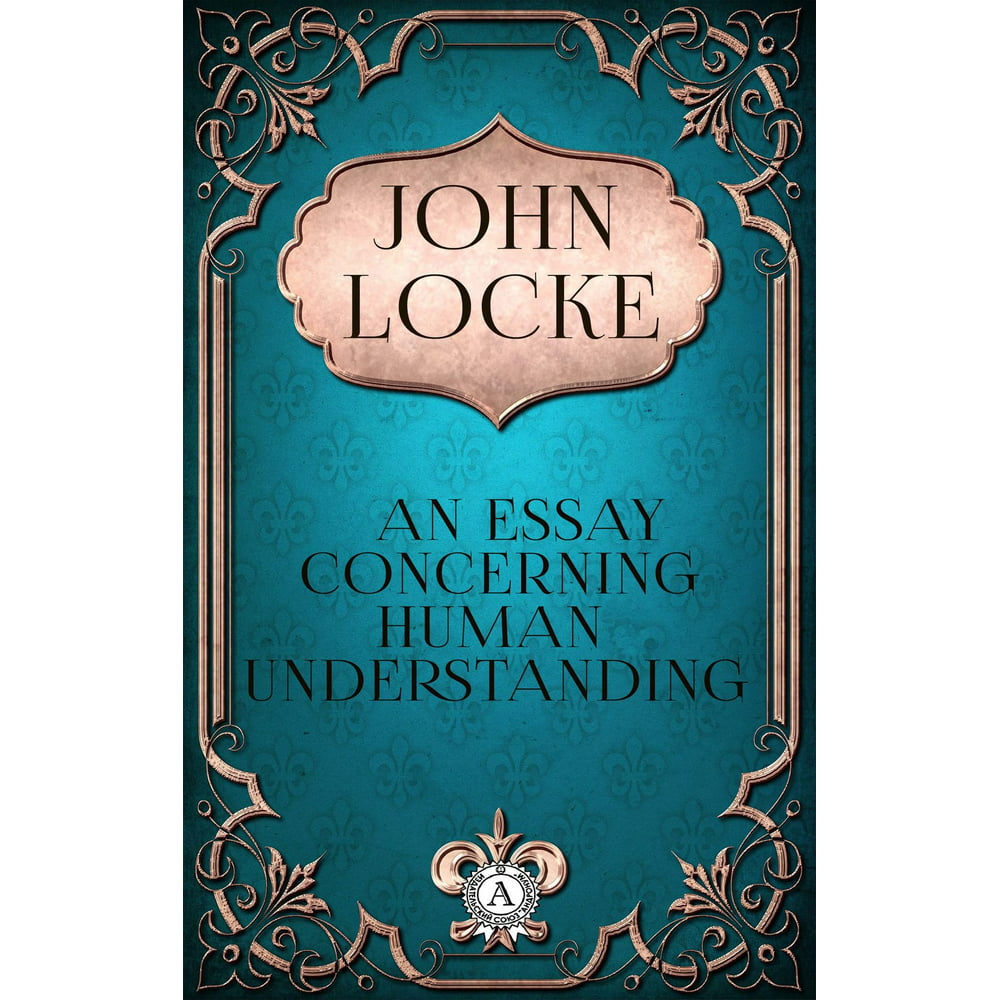
Navigation menu
An Essay Concerning Human Understanding Book Summary An Essay Concerning Human Understanding begins with a short epistle to the reader and a general introduction to the work as a whole. Following this introductory material, the Essay is divided into four parts, which are designated as books. Book I has to do with the subject of innate ideas Locke begins the Essay by repudiating the view that certain kinds of knowledge—knowledge of the existence of God, of certain moral truths, or of the laws of logic or mathematics —are innate, imprinted on the human mind at its creation Introduction. Book I: Attack on Innate Knowledge. Book II chapter i-vii: Simple Ideas. Book II, chapter viii: Primary and Secondary Qualities. Book II, chapters ix-xi: Faculties of the Mind. Book II, chapters xii-xxi: Complex Ideas of Modes. Book II, chapter XXIII: Ideas of Substances. Book II, chapters xxiv-xxvi: Ideas of Relation
Reset Password
Essay II John Locke viii: More about simple ideas. we have of them. [Locke held the then-common view that human physiology involves ‘animal spirits’. These constitute the body’s hydraulic system (Bernard Williams’s phrase)—anextremelyfinely divided fluid that transmits pressures through tiny cracks and tunnels.]Since the extension · You may copy it, give it away or re-use it under the terms of the Project Gutenberg License included with this eBook or online at blogger.com Title: An Essay Concerning Humane Understanding, Volume I. MDCXC, Based on the 2nd Edition, Books I. and II. (of 4) Author: John Locke Release Date: January 6, [EBook #] Last Updated An Essay Concerning Human Understanding by John Locke is one of the great books of the Western world. It has done much to shape the course of intellectual development, especially in Europe and America, ever since it was first published in

By John Locke
An Essay Concerning Human Understanding Book Summary An Essay Concerning Human Understanding begins with a short epistle to the reader and a general introduction to the work as a whole. Following this introductory material, the Essay is divided into four parts, which are designated as books. Book I has to do with the subject of innate ideas Locke begins the Essay by repudiating the view that certain kinds of knowledge—knowledge of the existence of God, of certain moral truths, or of the laws of logic or mathematics —are innate, imprinted on the human mind at its creation Introduction. Book I: Attack on Innate Knowledge. Book II chapter i-vii: Simple Ideas. Book II, chapter viii: Primary and Secondary Qualities. Book II, chapters ix-xi: Faculties of the Mind. Book II, chapters xii-xxi: Complex Ideas of Modes. Book II, chapter XXIII: Ideas of Substances. Book II, chapters xxiv-xxvi: Ideas of Relation
Your password reset email should arrive shortly.
AN ESSAY CONCERNING HUMAN UNDERSTANDING John Locke. Locke, John () - English philosopher who had a tremendous influ-ence on human knowledge and on political theory. He set down the principles of modern English empiricism. An Essay Concerning Human Understanding ()-An inquiry into the nature of knowledge that attempts to settle what Locke begins the Essay by repudiating the view that certain kinds of knowledge—knowledge of the existence of God, of certain moral truths, or of the laws of logic or mathematics —are innate, imprinted on the human mind at its creation Essay II John Locke viii: More about simple ideas. we have of them. [Locke held the then-common view that human physiology involves ‘animal spirits’. These constitute the body’s hydraulic system (Bernard Williams’s phrase)—anextremelyfinely divided fluid that transmits pressures through tiny cracks and tunnels.]Since the extension

An Essay concerning human Understanding by John Locke
An Essay Concerning Human Understanding Book Summary An Essay Concerning Human Understanding begins with a short epistle to the reader and a general introduction to the work as a whole. Following this introductory material, the Essay is divided into four parts, which are designated as books. Book I has to do with the subject of innate ideas Essay II John Locke viii: More about simple ideas. we have of them. [Locke held the then-common view that human physiology involves ‘animal spirits’. These constitute the body’s hydraulic system (Bernard Williams’s phrase)—anextremelyfinely divided fluid that transmits pressures through tiny cracks and tunnels.]Since the extension An Essay Concerning Human Understanding by John Locke is one of the great books of the Western world. It has done much to shape the course of intellectual development, especially in Europe and America, ever since it was first published in
No comments:
Post a Comment